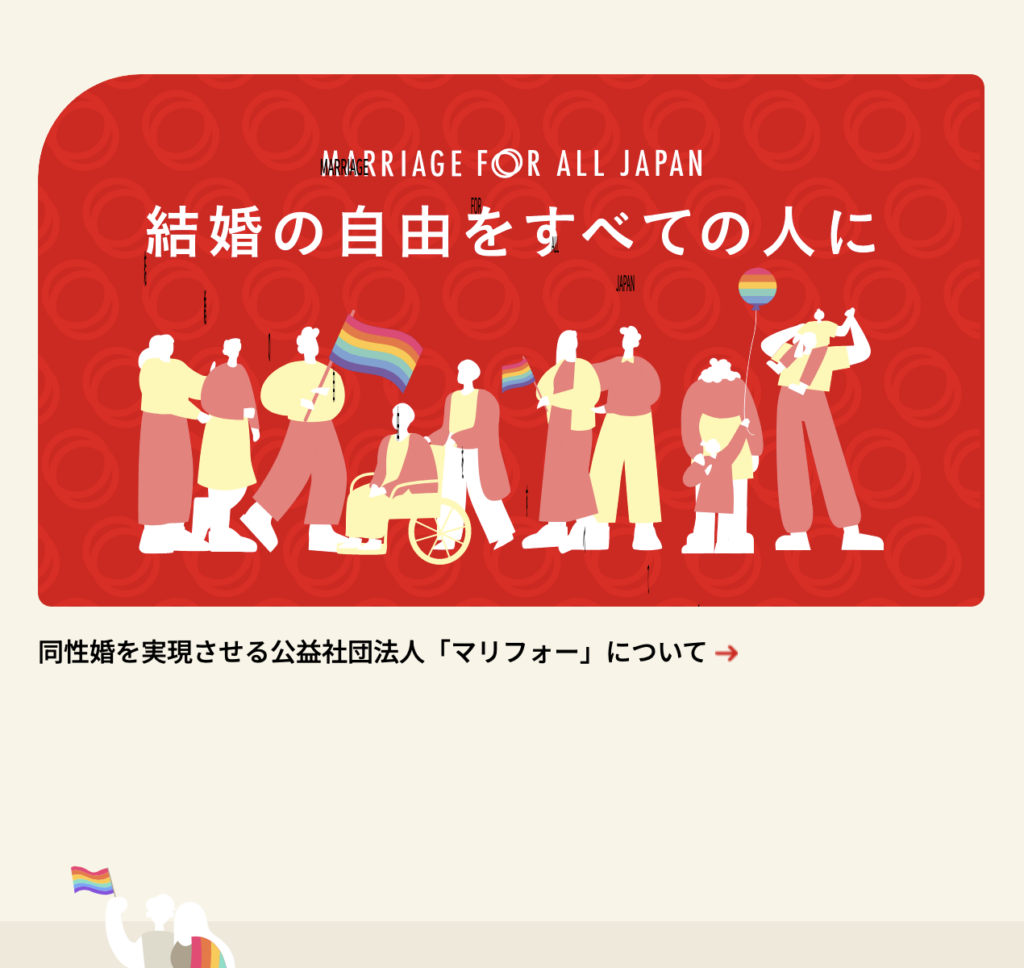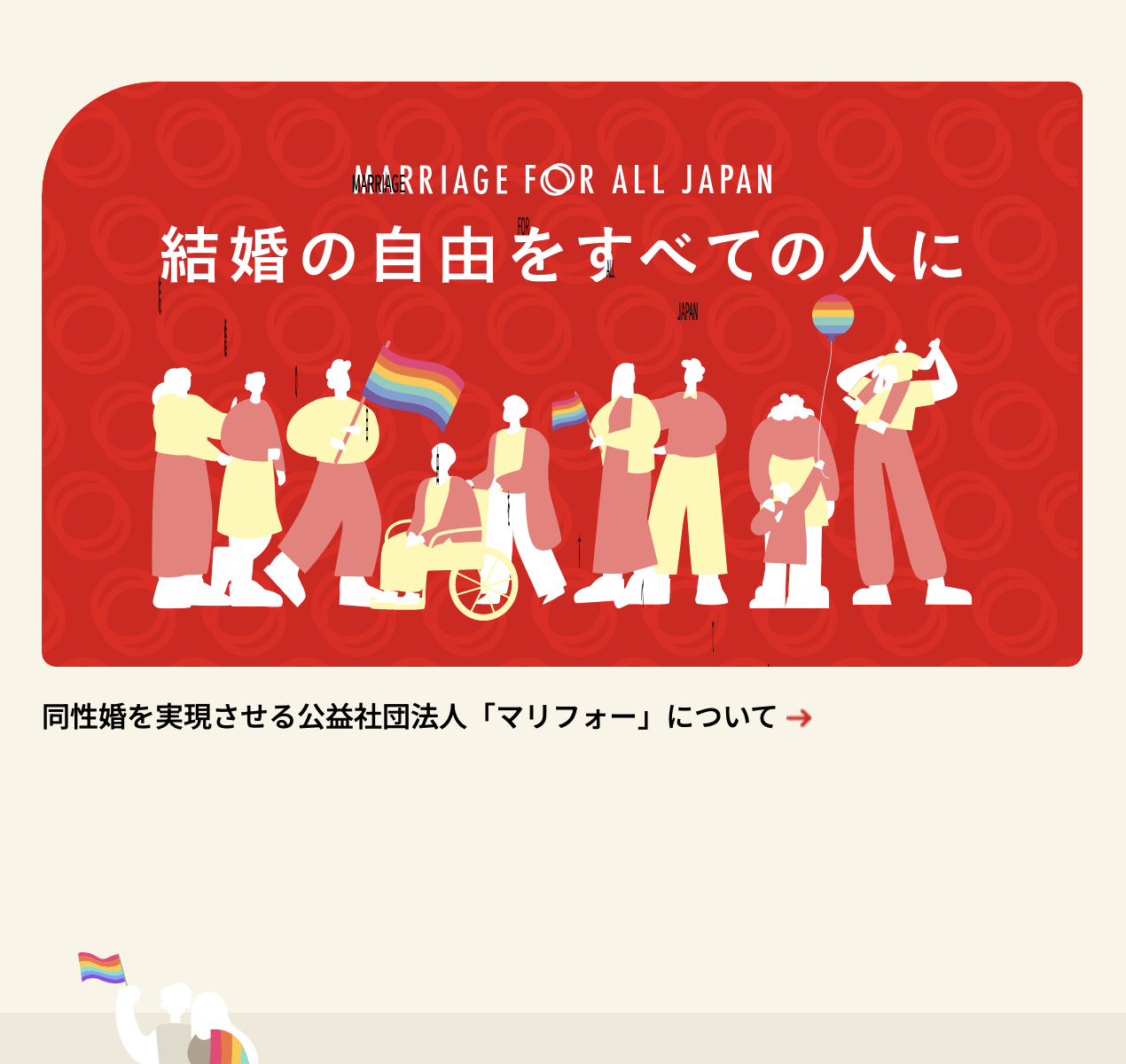Japan stands at a critical juncture in the struggle for marriage equality. Despite being the only G7 nation that does not legally recognize same-sex marriage or civil unions, public support for marriage equality has surged to record highs, with recent polls indicating that over 70 percent of Japanese people now favor legalization. However, the national legal framework remains unchanged, granting no marriage rights or full legal protections to same-sex couples. Instead, a patchwork of local partnership systems—now established in 459 municipalities and 31 prefectures—offers only limited, non-binding benefits, falling far short of true equality

“The situation will become unconstitutional if it is left as is and if no legislative action is taken by the Diet,” said lawyers and plaintiffs involved in Japan’s trials during a press conference at the Japan National Press Club on April 23 in Chiyoda. Many of them are from the group marriageforall.jp. — a public interest corporation trying to broaden Japan’s definition of marriage to same sex couples.
Following the first verdicts from six separate trials across the country, the Osaka High Court—joining Sapporo, Tokyo, Fukushima, and Fukuoka—ruled that the lack of recognition for same-sex marriage violates the Japanese Constitution. This includes breaches of Article 14, which guarantees equality under the law, and Article 24, which guarantees gender equality and emphasizes “individual dignity” and “equality between the sexes”
Check out: marriageforall.jp.
While inequalities persist, the plaintiffs have criticized the slow pace of justice and an overly cautious government in advancing same-sex marriage legislation. As of today, the Civil Code provides no legal guarantee allowing same-sex couples to marry.
The plaintiffs are now calling for a revision of the Civil Code and the Marriage Registration Law to ensure equal treatment of all couples. In their view, it is no longer a question of if same-sex marriage should be legalized but when—this reform must happen immediately. They argue that sexual orientation is not a valid reason to deny legal recognition, and even though disagreements remain in society regarding same-sex marriage, these alone do not justify unequal treatment.
In December 2024, the Fukuoka High Court recognized that denying marriage rights to same-sex couples was a violation of Article 13, which protects the right to pursue happiness.The lawyers and plaintiffs are hoping for an immediate legislative breakthrough and the establishment of a legal framework to legalize same-sex marriage, as they apply pressure on political parties and the government. The Supreme Court is expected to hear these cases later this year, but they argue that concrete action cannot wait.
A Case Especially Worth Noting: The Nagoya Solution
On March 7, 2025, the Nagoya High Court—the ninth appellate court to do so—ruled that Japan’s refusal to legally recognize same-sex marriage is unconstitutional, citing violations of Articles 13, 14, and 24 of the Constitution. In response to these successive rulings, an April 2025 editorial in The Asahi Shimbun urged the Diet to begin substantive debate on a same-sex marriage bill without delay.
Meanwhile, local governments continue to bolster partnership systems: as of April 1, 2025, 459 municipalities and 31 prefectures have enacted non-binding partnership oath systems that grant limited benefits—though these fall short of full marriage equality.
The Nagoya High Court suggested that a quick solution to the marriage recognition issue would be for the government to promptly revise the law to allow same-sex marriage, emphasizing that doing so would not impose any concrete disadvantages on the public. The court criticized the National Diet for its inaction and stated that it is “difficult to imagine any concrete disadvantage harming the Japanese people” if same-sex marriage were legalized. The ruling made clear that amending the law would not require an overwhelming legislative effort and directly called for legislative action to provide a legal framework that grants same-sex couples the same protections as opposite-sex couples.
The law that could be easily amended to recognize same-sex marriage in Japan is the Civil Code (民法, Minpō), specifically the provisions that currently restrict marriage to opposite-sex couples. Japanese legal experts, advocacy groups, and recent court rulings—including the Nagoya High Court—have emphasized that there is no need to amend the Constitution; instead, simply revising the Civil Code and the Family Register Act (戸籍法, Kosekihō) would be sufficient to allow same-sex couples to marry.
For example, the proposed amendments would change the language in the Civil Code from “husband and wife” to “married parties,” making the law gender-neutral and thus inclusive of same-sex couples. This is considered a straightforward legislative process compared to the far more difficult procedure of constitutional amendment, which requires a supermajority in both houses of the Diet and a national referendum.
Prime Minister Shigeru Ishiba has expressed personal support for legalizing same-sex marriage—stating that “being together is the most precious thing” for couples—yet has not introduced government-backed legislation, opting instead to await the Supreme Court’s final decisions.
Activists and plaintiffs now intensify their calls for a Diet-level bill, arguing that with nearly every appellate court decision affirming unconstitutionality, the time for action is long overdue.
But really, all that is needed to be done is change the wording in a law already on the books. The solution is easy but getting the old cranky chauvinists running the country to take that step remains incredibly difficult.
Note on “Marriage for All Japan”:
“Marriage For All” is the English-language name of 公益社団法人 Marriage For All Japan ― 結婚の自由をすべての人に
(Kōeki Shadan Hōjin Marriage For All Japan – Kekkon no Jiyū o Subete no Hito ni)
marriageforall.jp
This public-interest incorporated association, formed in January 2019 by lawyers, PR professionals, and LGBTQ+ advocates, has spearheaded the “same-sex marriage” lawsuits filed nationwide. In court documents and media reports, there action are sometimes referred to as 「結婚の自由をすべての人に」訴訟 (“Kekkon no Jiyū o Subete no Hito ni” Soshō)
written by Salome Le Corre. Jake Adelstein also contributed to this article.
